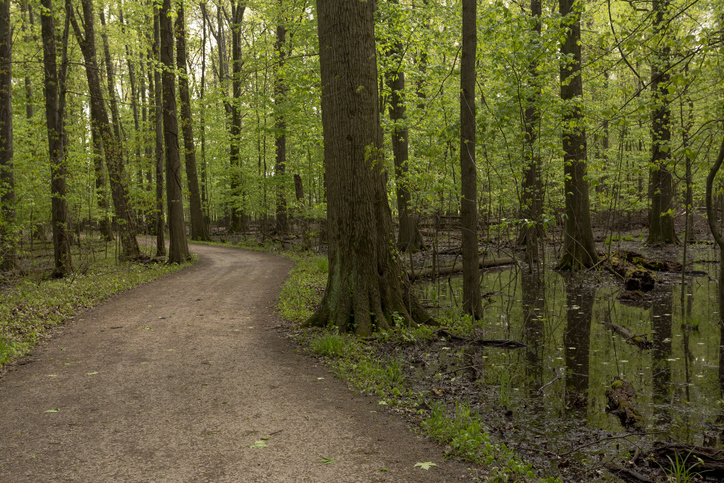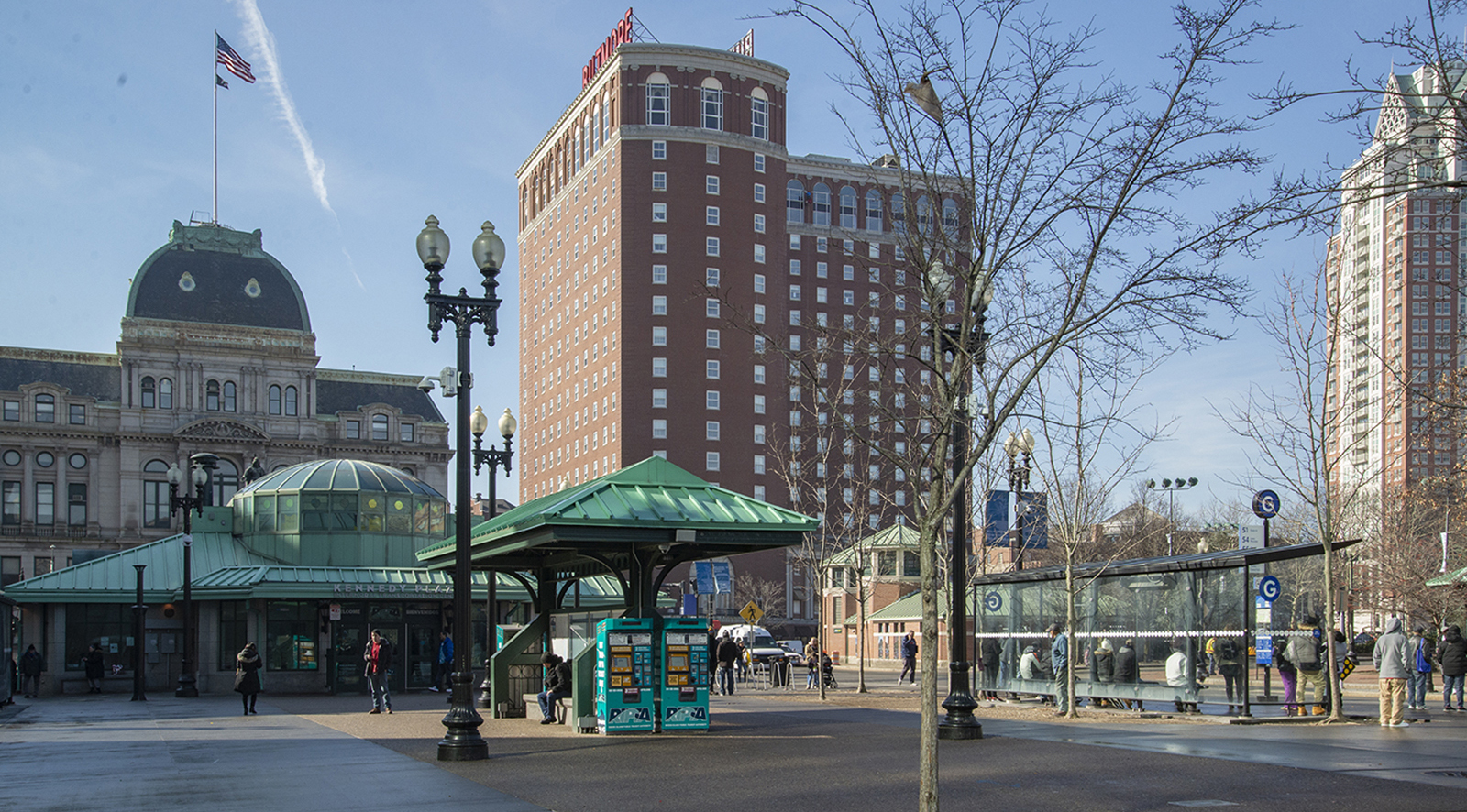Wondrous Animal Kingdom Locked In Human Crosshairs
March 15, 2017
PROVIDENCE — A recent panel discussion at Brown University focused on plastic pollution, most notably the amount of it polluting the world’s oceans. The four speakers were wonderfully entertaining and informed. The discussion was both depressing and heartening.
But one of the speakers, Carl Safina, author of the exceptional book “Song for the Blue Ocean” and the first endowed professor for nature and humanity at Stony Brook University, focused less on the magnitude of plastic overwhelming the planet and more on humankind’s disregard for life.
Safina, whose most recent book is titled “Beyond Words: What Animals Think and Feel,” said as humans we only seem to care about ourselves, and only see other creatures as how they relate to us. He said asking if animals are conscious is the wrong question.
“Animals have eyes, ears, noses,” he said. “They have the same senses we have.”
He noted that dolphins have bigger and more complicated brains than we do.
“We do a lot of things in the ocean to hurt it,” Safina said. “But a killer whale in the wild has never hurt a human being. They eat seals and don’t bother us. There’s a lot going on in the minds of the creatures we share the oceans with. We don’t bother to ask what.”
Animals most assuredly feel pain. They can be sad or depressed. And much of their hurt is needlessly caused by human greed. I’ve had people unconcerned about manmade climate change say to me, “Who cares if all the polar bears die.” It’s not a question. It’s a shrug of the shoulders.
Our brutality against nature seems to know no bounds. Every hour, 24 hours a day, 365 days a year, three species become extinct, often because of our reckless actions. Of course, it doesn’t have to be that way, but since we show little respect for the lives of fellow humans, the fascinating creatures we share this planet with are, unsurprisingly, treated more as pests than equals.
The U.S. House of Representatives recently voted, for instance, to overturn federal law that prohibits hunters from shooting or trapping wolves while in their dens with cubs, using planes to scout for potential grizzly bear targets and luring bears with food to get point-blank trophies, even those animals living in wildlife refuges.
Wolves and bears compete with hunters for elk and moose. The National Rifle Association (NRA) and other opponents of this federal law whine about unfairness, and scream about federal overreach.
Mama Grizzly herself was a fierce advocate of aerial shooting during her limited time as Alaska’s governor. In 2007, the administration of the the reality-TV persona offered $150 cash rewards to aerial hunters who returned with the left forelegs of the wolves they killed.
The barbaric program was eventually overturned by the courts. The NRA no doubt complained about government interference.
Wild horses are protected by a law that was unanimously passed by Congress in 1971 and designates mustangs as “living symbols of the historic and pioneer spirit of the West.”
Ranchers, however, don’t like the competition, so taxpayer-funded helicopter raids are used to chase these magnificent animals off public lands — the same taxpayer-subsidized lands ranchers graze their livestock on for cheap.
These airborne raids terrorize mustangs, young and old, chasing them into pens. These air assaults are dangerous, as wild horses are often injured and some die.
We treat the criminal Bundy clan with more respect and compassion.
But our disregard for life is a longstanding tradition. By the late 1690s, with much of their forest habitat destroyed by humans, the flightless dodo was erased from the planet. Three-plus centuries later, we haven’t stopped erasing the natural landscape.
We pushed the iconic bald eagle — the very symbol of American freedom — to the brink of extinction. The species rebounded largely because of the Endangered Species Act of 1973 — a popular federal law now under attack by bought-off lawmakers who claim it unfairly protects animals that sometimes poach livestock and bitch that it unfairly restricts land use.
The White House and self-serving members of Congress also want to open up more federal lands to mining, drilling and ranching — a shortsighted money-grab that would leave plenty of species homeless and damage countless ecosystems. The scars would be visible long into the future. But exploitation, of each other and the environment, is the American Way.
Last year Rhode Island bankers and politicians inflicted unnecessary wounds on the Johnston woods, to build a corporate office park. The same people are now fighting to get a fossil-fuel power plant built in the woods of Burrillville. At least 200 acres of forest will be destroyed. One of Rhode Island’s most important wildlife corridors will be significantly damaged. Those pushing the project for selfish reasons just shrug their shoulders.
Unfortunately, the natural world is rarely seen as anything more than an economic driver — an instrument to be used and abused for profit.
The flight of passenger pigeons would sometimes darken North American skies. Nobody alive today ever witnessed it. By the beginning of the 20th century, passenger pigeons no longer lived in the wild. The last one of its kind died in captivity in 1914. We hunted them to extinction.
Wolves, whales, African elephants, rhinoceros, lemurs and gorillas are just a few of the animals now in our crosshairs.
“We keep passing legislation to not improve things,” Safina said at the March 4 panel discussion. He noted bills that would ban protesting, protect hydraulic fracturing and support the manufacturing of more plastic.
Rhode Island can’t even pass a statewide ban on plastic shopping bags.
Safina noted that our actions are changing the heat balance of the planet, acidifying the oceans and damaging the atmosphere. We shrug our collective shoulders.
“It’s not the kind of relationship we should have with nature,” Safina said. “The creatures and life still on this planet are not less than us. They are us. Are we capable of loving them enough to simply let them exist?”
Frank Carini is the editor of ecoRI News.
Categories
Join the Discussion
View CommentsRecent Comments
Leave a Reply
Your support keeps our reporters on the environmental beat.
Reader support is at the core of our nonprofit news model. Together, we can keep the environment in the headlines.
We use cookies to improve your experience and deliver personalized content. View Cookie Settings




Its not just the wanton cruelty, or even the deplorable condition of so many farm animals, its also the relentless human population growth crowding out wildlife thru habitat loss and competition for resources. The population growth is likely to get even higher in light of the resurgence of nationalism, religious extremism of all kinds, and the Trump administration’s attack on birth control. That the environmental community mostly ignores this issue is a disgrace.
"Unfortunately, the natural world is rarely seen as anything more than an economic driver — an instrument to be used and abused for profit"
Ain’t it the truth. Aldo Leopold told us this truth 68 years ago in Sand County Almanac which introduced the idea of a land ethic. Up front in the forward to the book he laid out the basic issue: "Conservation is getting nowhere because it is incompatible with our Abrahamic concept of land. We abuse land because we regard it as a commodity belonging to us. When we see land as a community to which we belong, we may begin to use it with love and respect." How ironic to also see the article regarding the Black Duck which clearly illustrates commodity-driven conservation, with statements like: "The new predicted harvest is still going to be considerably lower than what is needed to maintain the population." Huh?
Regarding the Burrillville power plant… It would be situated, as noted in a corner of the state where, over the past two generations, the public has invested millions in preserving forest land for conservation and outdoor recreation. An impressive suite of threatened species, flora and fauna, inhabit this forested corridor. One of them, the wood turtle, a well known inhabitant of the headwaters basin of the Clear River, where the power plant would be sited on the tributary, Iron Mine Brook, was formally taken under study for protection under the Federal Endangered Species Act in September, 2015. With the election, of course, all bets are off on that ever happening under the Trump administration, but the point of the wood turtle being there should not be mistaken. We are all hoping that on the 21st, the Energy Facility Siting Board will order DEM—among other agencies— to submit a revised "opinion" that will include a full consideration of the threatened species in that forest, in contrast to the palbum they presented in their opinion of last September. After all, DEM once before studied and rejected a power plant on this same piece of land in the ’80’s when the Ocean State power plant was being vetted by the FERC.
Regarding the care of the natural world….in addition to Aldo Leopold’s writings 68 years ago, consider Henry David Thoreau’s writings 100 years ago. His notes written at Walden Pond warn of the advancing march of humans on the natural world. If you have not read "Walden", try to catch "Walden: the Ballad of Thoreau". It’s an hour long play, now being presented on PBS and being performed in countries all over the world.
Maggie Bulmer
If there was some way we could instill a deep respect and lasting respect for wildlife and the natural world in children, different choices would be made. If we want to get through to adults, our best hope is to give them a sizable dose of psychedelic mushrooms and take them into the forest (or to some other wild place) so they can rediscover their connection to everything that exists and be overwhelmed by awe and humility.